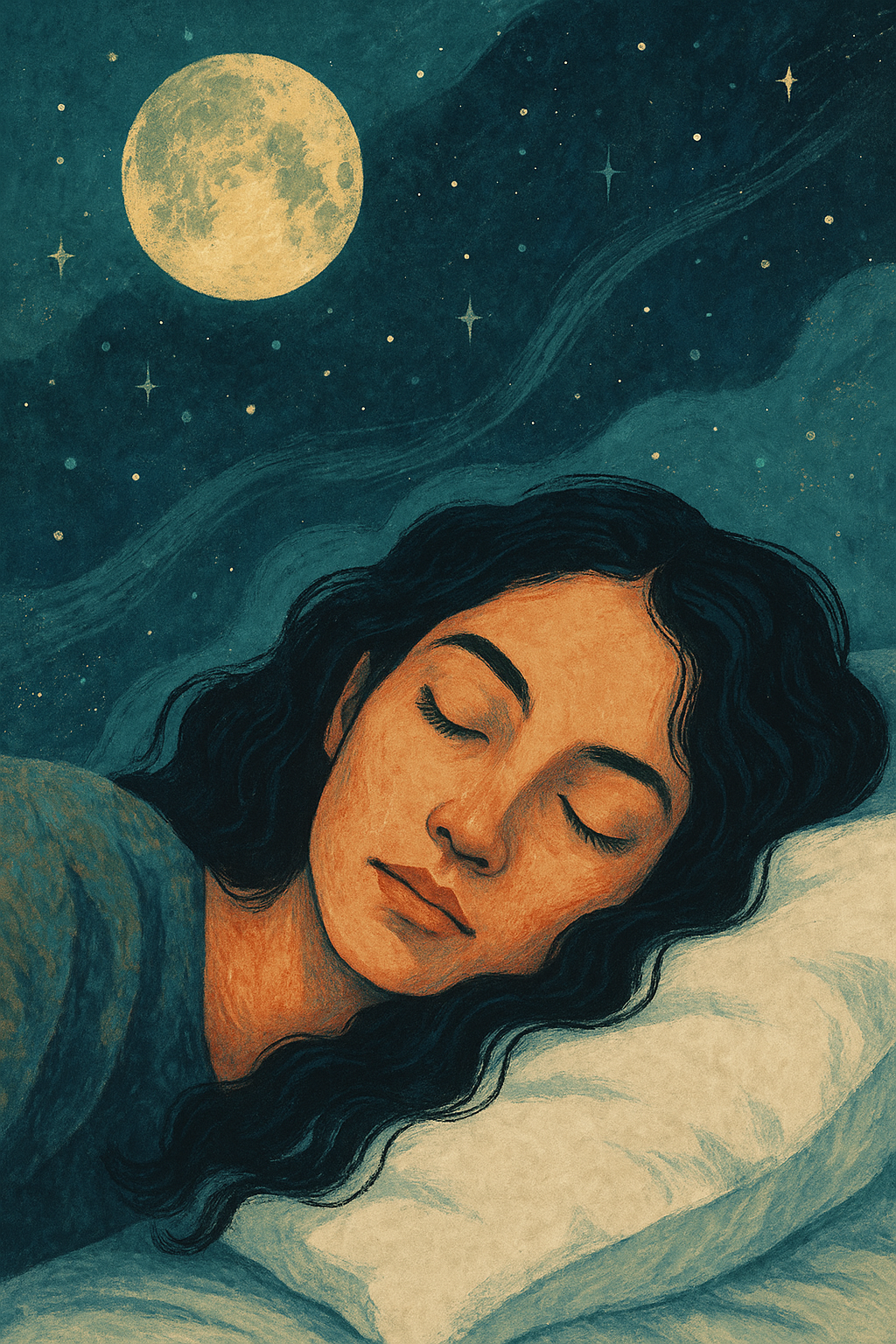Understanding the science of sleep is a complex journey through neuroscience, physiology, and psychology. Though studies have provided insights into human sleep patterns, many aspects remain puzzling. This article explores the mysteries surrounding sleep, including its importance, the challenges faced in sleep science, and current sleep studies, helping to unravel why we still don’t fully grasp the science of sleep.
What is the Science of Sleep?
The science of sleep encompasses various disciplines aiming to understand sleep’s mechanisms, stages, and functions. Sleep is crucial for cognitive processes, physical health, and emotional well-being. Without adequate sleep, various sleep disorders may arise, leading to broader health implications. Researchers study different sleep cycles and their effects, trying to unlock the full potential of quality rest.
Understanding Sleep Stages
* REM Sleep: Rapid Eye Movement sleep, crucial for dreaming and memory consolidation.
* NREM Sleep: Non-Rapid Eye Movement sleep includes three stages, helping the body recover and rejuvenate.
According to recent sleep studies, most adults need 7-9 hours per night for optimal health. Insufficient sleep can lead to consequences like memory impairment, mood swings, and weakened immune function.
The Importance of Sleep
Benefits of Good Sleep
The importance of sleep cannot be overstated. High-quality rest can:
* Enhance cognitive function.
* Improve emotional regulation.
* Lower stress hormones.
* Support body growth and repair.
Statistics of Sleep
Research shows that approximately one-third of adults report not getting enough sleep regularly. Chronic sleep deprivation has been linked to conditions such as obesity, diabetes, and cardiovascular disease. Understanding sleep patterns and habits is key to developing effective sleep hygiene tips that can significantly improve sleep quality.
Challenges in Sleep Science
Despite advancements in sleep research, multiple challenges hinder our understanding of sleep:
1. Complexity of Sleep Disorders: Many people suffer from sleep disorders, complicating the study of standard sleep patterns.
2. Variability Among Individuals: What works for one person might not work for another, creating difficulty in establishing universal sleep guidelines.
3. Interdisciplinary Nature: The science of sleep spans various fields such as psychology, biology, and neuroscience, making consensus more complicated.
Sleep Research and Future Directions
Current sleep studies focus on understanding how different factors like technology and lifestyle choices impact sleep health. Innovations in sleep science, including wearable technology, are leading to better insights into sleep quality and patterns.
How Sleep Works
Sleep consists of complex processes regulated by the circadian rhythm and sleep homeostasis. Understanding sleep involves knowing:
* Circadian Rhythms: Body clocks that dictate sleep-wake cycles, largely influenced by light exposure.
* Sleep Homeostasis: The balance between sleep and wakefulness, which compels the body to sleep longer after sleep deprivation.
To improve sleep hygiene, it’s essential to recognize triggers and patterns that affect your sleep cycle. Regular sleep schedules and minimizing screen time before bed can help enhance sleep quality.
Sleep Hygiene Tips
Implementing sleep hygiene tips can drastically improve sleep quality:
* Create a restful environment with minimal light and noise.
* Establish a regular sleep routine.
* Limit caffeine and electronics before bedtime.
For individuals struggling with sleep disorders, consulting with a healthcare provider specializing in sleep can provide tailored strategies for improvement.
Conclusion: The Ongoing Journey of Sleep Understanding
In summary, the science of sleep reveals layers of complexity that continue to challenge researchers. Despite the progress made in sleep studies, much remains to be explored. Staying informed about the benefits of good sleep and maintaining healthy sleep habits can lead to better health outcomes. Exploring this intricate subject will help foster a deeper understanding of why sleep matters and what we can do to optimize our nighttime rest.
Ready to Enhance Your Sleep?
Start today by evaluating your sleep patterns, implementing healthy habits, and staying educated on ongoing research in sleep science.
For deeper insight into sleep studies and research, check out the following resources:
* Government Research Database – A comprehensive source for government sleep studies.
* Academic Research Portal – Access peer-reviewed research related to sleep science.
For more informative articles on science stay tuned for our next blog post!
